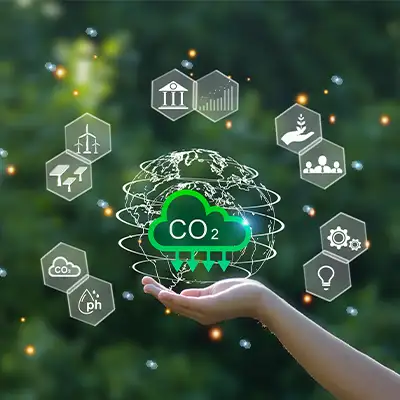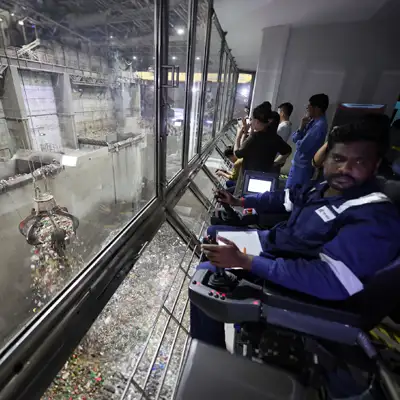Singapore is set to step up its efforts to develop quality and standards in areas such as greenhouse gas reporting, decarbonisation and renewable energy in the next two to three years.
Among the local standards in the pipeline are a methanol and ammonia bunkering standard, which will cover refuelling, operational and safety requirements for the delivery of both gases.
A benchmark will also be set for hydrogen refuelling, to support companies in their trial of hydrogen fuel-cell vehicles.
The benchmarks, planned for 2025, are among more than 25 sustainability-related standards and accreditation programmes that Singapore will introduce or revise over the next two years, Enterprise Singapore (EnterpriseSG) said on Friday (29 Sep 2023).
The 25 programmes are expected to benefit more than 1,000 companies, said the government agency’s director-general for quality and excellence, Choy Sauw Kook.
EnterpriseSG will lead this effort as the national standards and accreditation body, with two industry-led entities – the Singapore Standards Council and Singapore Accreditation Council (SAC).
Businesses operating here can expect to be given a leg up as they adopt more sustainable practices and access new opportunities in the green economy, said the agency, which focuses on enterprise development and standards.







